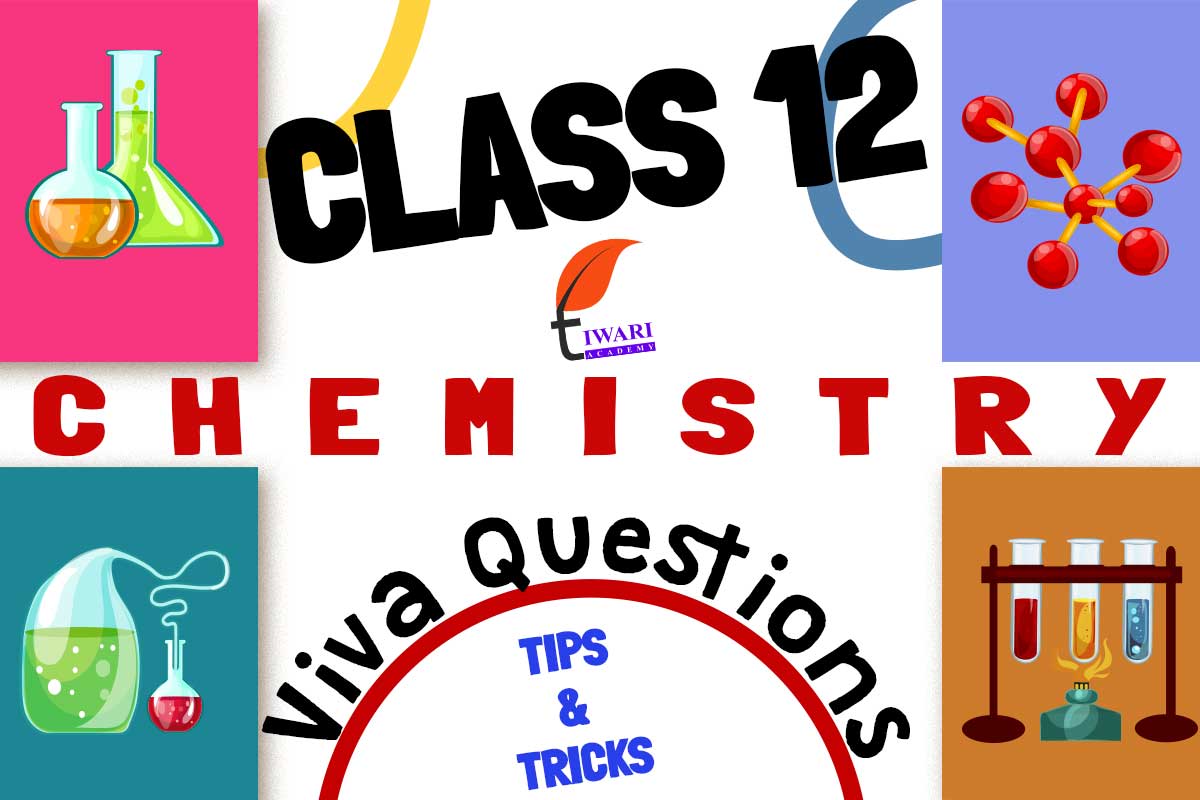Preparing for Class 12 Chemistry viva questions can be a daunting task, especially with the vast syllabus of Physical, Organic and Inorganic Chemistry. Students often face challenges with topics like salt analysis, acid-base titration and electrochemistry, which are frequently asked in the CBSE Class 12 Chemistry viva. To excel, one must focus on important viva questions for Chemistry, particularly those related to chemical reactions and volumetric analysis. Referring to NCERT Chemistry viva questions can provide a solid foundation, while practicing with sample viva questions for Chemistry ensures better confidence during the board viva exam. A good grasp of surface chemistry and related experiments will further enhance preparation.
Success in the Class 12 Chemistry board viva depends on thorough preparation of topics covered in Chemistry practical exams. Questions on experiments like acid-base titration or surface chemistry are common, making it crucial to understand their concepts and processes. Organic Chemistry viva questions often focus on reactions and mechanisms, while Inorganic Chemistry viva questions delve into compounds and properties. Using Chemistry viva preparation tips to structure study time effectively is essential. Students should also review common viva questions for Class 12 Chemistry and rehearse detailed answers. Understanding electrochemistry concepts and solving viva questions for volumetric analysis can ensure a comprehensive approach to excel in the viva exam.

